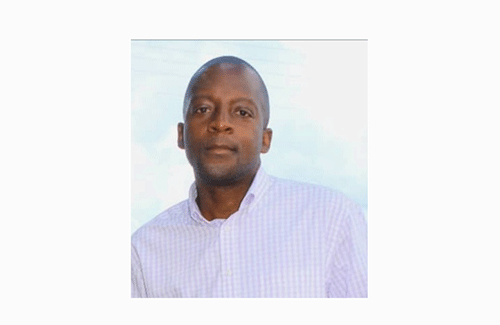Sinvula Mudabeti
This article is a commentary on two Botswana citizens, who recently jumped the border into Namibia.
This incident led to the successful arrest of a Motswana citizen, who illegally crossed into Namibia in the Bwabwata National Park through an ungazzeted entry point to engage in poaching.
He was shot and wounded after refusing to stop after being ordered to do so.
He is receiving medical treatment at the Rundu State Hospital.
The other Motswana citizen escaped back into Botswana; he could have been shot dead, but our police exercised restraint and observed the Universal Instrument on the Code of Conduct for Law Enforcement Officials adopted by the United Nations General Assembly resolution 34/169.
Firstly, our anti-poaching unit fully adhered to Article 1 of the UN instrument above, which reads: ‘Law enforcement officials shall at all times fulfil the duty imposed upon them by law by serving the community and by protecting all persons against illegal acts, consistent with the high degree of responsibility required by their profession’.
We salute the level of professionalism and responsibility displayed by our anti-poaching unit in ensuring the suspects were not killed but neutralised to face the law.
Secondly, our anti-poaching unit subscribes – not by word of mouth but by action to Article 3 – of the same UN instrument that calls for ‘law enforcement officials to use force only when strictly necessary and to the extent required to perform their duty.
In a nutshell, this provision underscores that the use of force by law enforcement officials should be exceptional; while it implies that law enforcement officials may be authorised to use force as is reasonably necessary under the circumstances for the prevention of crime or in effecting or assisting in the lawful arrest of offenders or suspected offenders, no force going beyond that may be used.
The shooting was used only to render the suspect incapable of fleeing.
Furthermore, our men and women in uniform complied with Article 6, which calls for ‘law enforcement officials to ensure the full protection of the health of persons in their custody and, in particular, shall take immediate action to secure medical attention whenever required.
In simple terms, medical attention, which refers to services rendered by any medical personnel, including certified medical practitioners and paramedics, shall be secured when needed or requested.
The Botswana poacher is being treated for a minor wound on his leg in the Rundu hospital so that he is fit to appear in court in good health.
The reaction by our anti-poaching unit shows that we are a nation that values human life above animal life.
The one who escaped back into Botswana is well known by our police, and government is in the process of requesting his arrest by the Botswana authorities and possibly be sent back to Namibia to face the full wrath of the law.
As Namibian Lives Matter, we shall ensure this issue is handled to its very logical end.
I would like to commend our police force for showing professional courtesy and combat etiquette that is not common in Botswana.
The police have a social responsibility to treat criminals – be it Namibians or non-Namibians – with due courtesy and decorum.
Our police force has shown Botswana a lesson that, in all situations, irrespective of the fact that Namibia lost many rhinos in the Etosha National Park in one month recently and given the persistent illegal crossing of Botswana citizens into Namibia for poaching and their subsequent arrests by our anti-poaching unit, we have kept these lawbreakers in safe custody, awaiting their formal trial in our courts.


